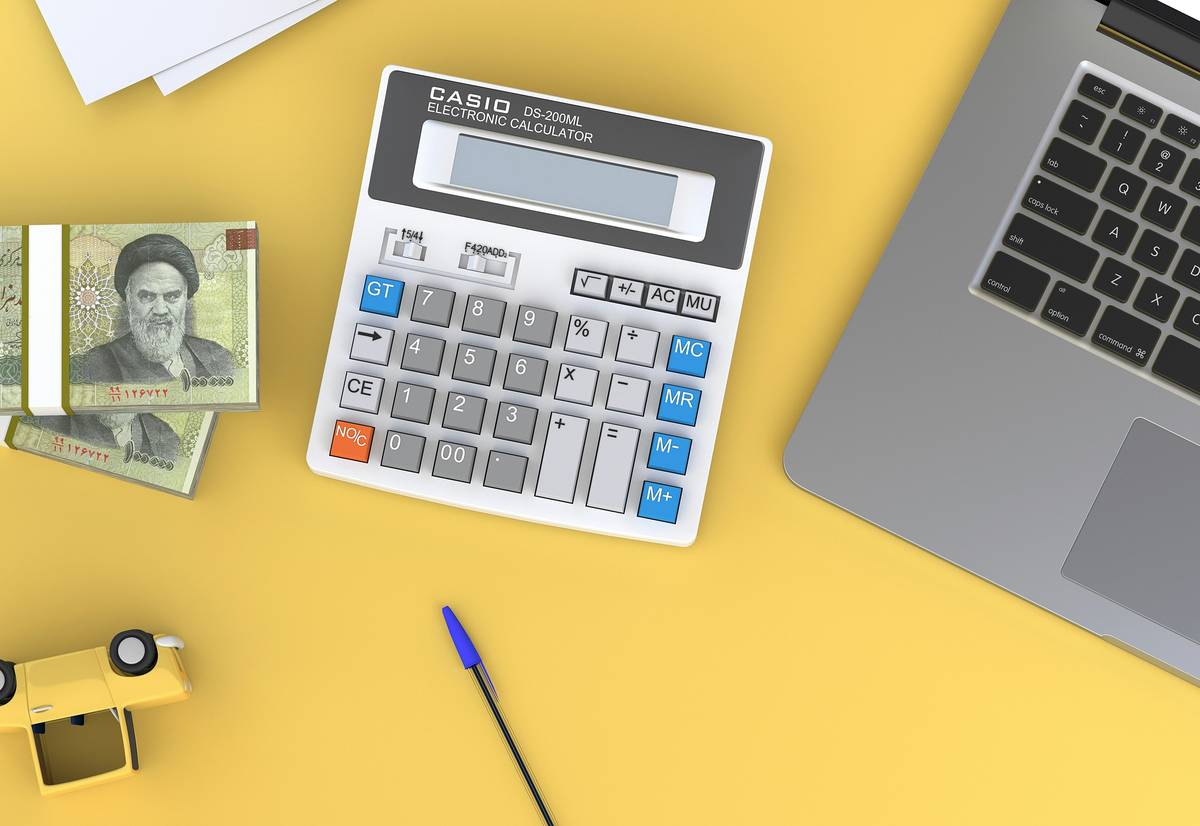Ever stared at your bank account at the end of the month and wondered where all your money went? It’s like throwing cash into a black hole—only this one sends you overdraft fees instead of light. If you’re nodding your head furiously, you’re not alone. According to a recent survey, over 60% of Americans struggle to keep track of their monthly expenses. The good news? A budgeting course focused on monthly expense tracking can turn that financial fog into crystal clarity.
In this post, we’ll dive deep into why tracking your monthly expenses is a game-changer, how to pick the right budgeting course for you, and actionable tips to make it stick. Ready? Let’s go.
Table of Contents
- Why Tracking Your Expenses Is Non-Negotiable
- How to Choose the Perfect Budgeting Course
- 5 Actionable Tips to Master Monthly Expense Tracking
- Success Stories: Real People Crushing Their Financial Goals
- FAQs: Your Burning Questions About Budgeting Courses Answered
Key Takeaways
- Tracking your monthly expenses helps identify spending leaks and build better habits.
- Budgeting courses simplify complex financial concepts, making them beginner-friendly.
- Not all courses are created equal; finding one tailored to your needs is crucial.
- Consistency and accountability are key to staying on top of your finances.
Why Tracking Your Expenses Is Non-Negotiable

Here’s the tea: You cannot fix what you don’t measure. Think about it—if you never step on a scale, how will you know if your diet plan works? The same logic applies to personal finance. Without monthly expense tracking, it’s easy to overspend without realizing it until it’s too late.
I once ignored my spending habits so hard that I ended up with $400 in coffee shop charges in a single month. Yes, *four hundred dollars!* That’s more than my electricity bill. Oof.
Enter budgeting courses. These programs break down intimidating topics into bite-sized chunks while equipping you with tools to track every penny effortlessly. And no, they aren’t just for finance nerds—they’re designed to help busy people like YOU take control of their wallets.
Optimist You:* “Tracking expenses sounds doable!”
Grumpy You: “Ugh, but spreadsheets are boring.”
How to Choose the Perfect Budgeting Course
Now let’s talk about picking the right course because, honestly, there’s a whole buffet out there, and not everything tastes great.
Step 1: Identify Your Needs
Are you looking for basic expense tracking or an advanced strategy to maximize savings? Knowing your goals upfront prevents buyer’s remorse.
Step 2: Check Reviews and Credibility
Google reviews, Reddit threads, and YouTube testimonials are goldmines here. Avoid those flashy ads promising instant wealth—remember, slow and steady wins the race.
Step 3: Assess Accessibility
Does the course offer video lessons, downloadable PDFs, or live coaching calls? Make sure it fits your learning style and schedule.

5 Actionable Tips to Master Monthly Expense Tracking
- Use Apps: Tools like Mint or YNAB automate much of the grunt work, syncing directly with your bank accounts.
- Categorize Wisely: Split your spending into groups (groceries, entertainment, etc.) to spot trends faster.
- Set Alerts: Notifications when you hit a spending threshold can save you from impulse buys.
- Review Weekly: Don’t wait until the end of the month—check in regularly to adjust as needed.
- Avoid This Terrible Tip: DON’T rely solely on memory. Even Elon Musk probably couldn’t remember every Starbucks run he made last month.
Success Stories: Real People Crushing Their Financial Goals
Tina from Texas was drowning in credit card debt until she joined a budgeting course focused on monthly expense tracking. Within six months, she paid off $8,000 and started saving for her dream vacation. “It felt impossible at first,” she says, “but having a structured system made all the difference.”
Then there’s James, who thought budgets were “boring math stuff” until his girlfriend dragged him into a course. Spoiler alert: He now tracks every dollar and has saved enough for a down payment on a house.

FAQs: Your Burning Questions About Budgeting Courses Answered
Q: Are budgeting courses worth it?
Absolutely! They provide expert guidance and frameworks that cut years off trial-and-error learning.
Q: How much do these courses cost?
Prices vary widely—from free resources to premium options costing several hundred dollars. Invest based on your goals and budget.
Q: Can I start immediately after enrolling?
Most online courses grant instant access, letting you dive straight in.
Conclusion
Let’s recap: Monthly expense tracking is the foundation of smart financial management. Budgeting courses make mastering this skill easier than ever by offering practical strategies tailored to real-life scenarios. So whether you’re sipping lattes on repeat or dreaming of early retirement, getting serious about your spending starts NOW.
And hey, if nothing else sticks, just remember: Coffee shops love you, but your wallet hates them. Now go crush those expenses!
P.S. Like a Tamagotchi, your finances need daily attention. Keep feeding your budget, and watch it thrive.


